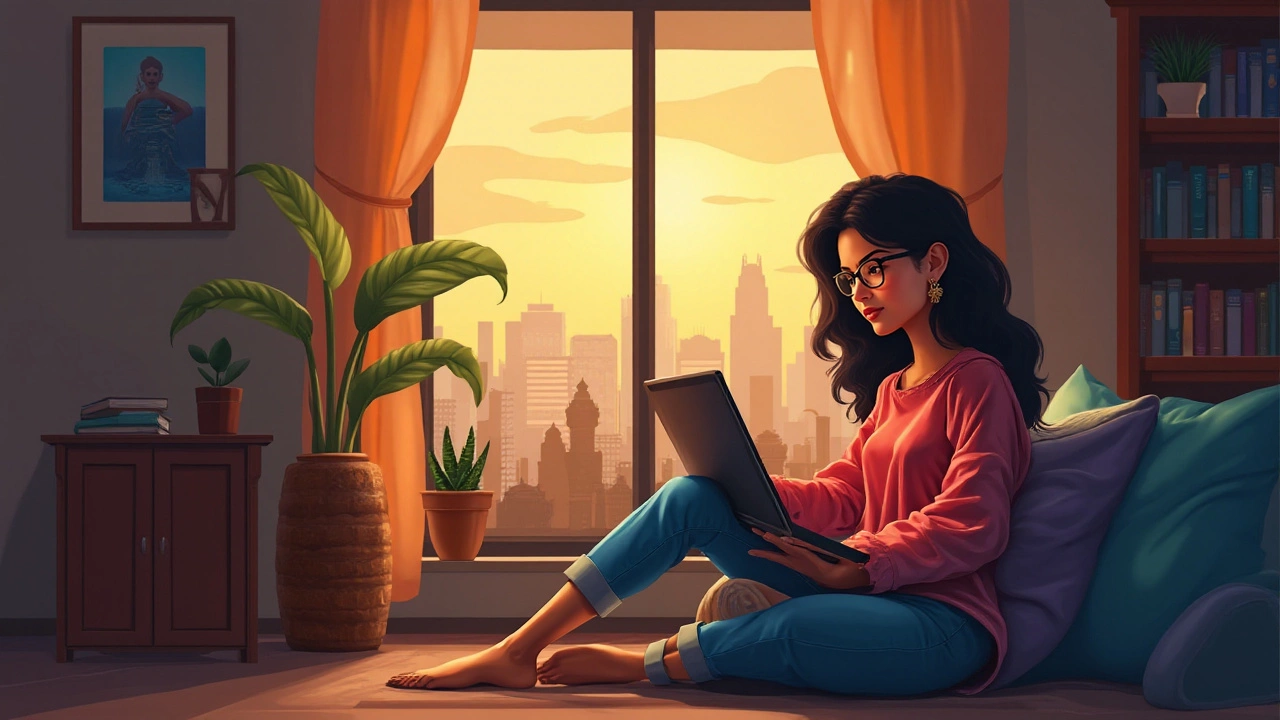
Self-Study Programming: Your Practical Guide to Learning Code on Your Own
Want to become a programmer but don’t have time for a formal class? You can learn to code right from your bedroom, your phone, or any quiet corner. The key is to treat your self‑study like a mini‑job: set clear goals, pick the right tools, and keep building something real.
Pick a Language That Matches Your Goal
Start with a language that aligns with what you want to build. If you’re eyeing web apps, HTML, CSS, and JavaScript are the fastest path. For data work or AI, Python is the go‑to. Mobile‑first folks might try Kotlin for Android or Swift for iOS. Don’t chase every language at once – pick one, finish a small project, then move on.
Create a Structured Learning Path
Break your study into bite‑sized modules. A typical week could look like:
- Monday‑Wednesday: Watch 30‑minute tutorial videos (YouTube, Coursera, or freeCodeCamp).
- Thursday‑Friday: Follow a hands‑on coding exercise from a book or online article.
- Saturday: Work on a personal project – a to‑do list app, a simple game, anything that uses the concepts you learned.
- Sunday: Review mistakes, write a short summary, and plan next week’s focus.
This routine keeps momentum and gives you tangible results every week.
Use free resources first. Sites like freeCodeCamp, W3Schools, and the official language docs are gold mines. When you hit a roadblock, search Stack Overflow with the exact error message – you’ll learn a lot from the answers and explanations.
If you prefer a more guided experience, the article "How to Teach Yourself Coding: Step‑by‑Step Guide for Beginners" on our site walks you through choosing resources, setting up your dev environment, and avoiding beginner mistakes. Pair that with the "Mobile Coding Guide for Beginners" if you want to practice on your phone – you can actually write and run code from a tablet using apps like Termux or Dcoder.
Another quick win is to join online communities. Subreddits like r/learnprogramming, Discord coding groups, or local Facebook pages let you ask questions, share progress, and stay accountable. Seeing others solve similar problems can boost your confidence.
Don’t forget to build a portfolio early. Even a simple GitHub repo with a few completed projects shows future employers that you can finish what you start. Include a brief README that explains what the project does and what you learned.
Finally, track your progress. A spreadsheet with columns for "Topic," "Resource," "Completed," and "Notes" helps you see how far you’ve come and what’s left. Celebrate each milestone – finished a front‑end project? Treat yourself!
Self‑study programming is all about consistency, the right tools, and making learning visible. Follow these steps, keep building, and you’ll be coding confidently without ever walking into a classroom.
